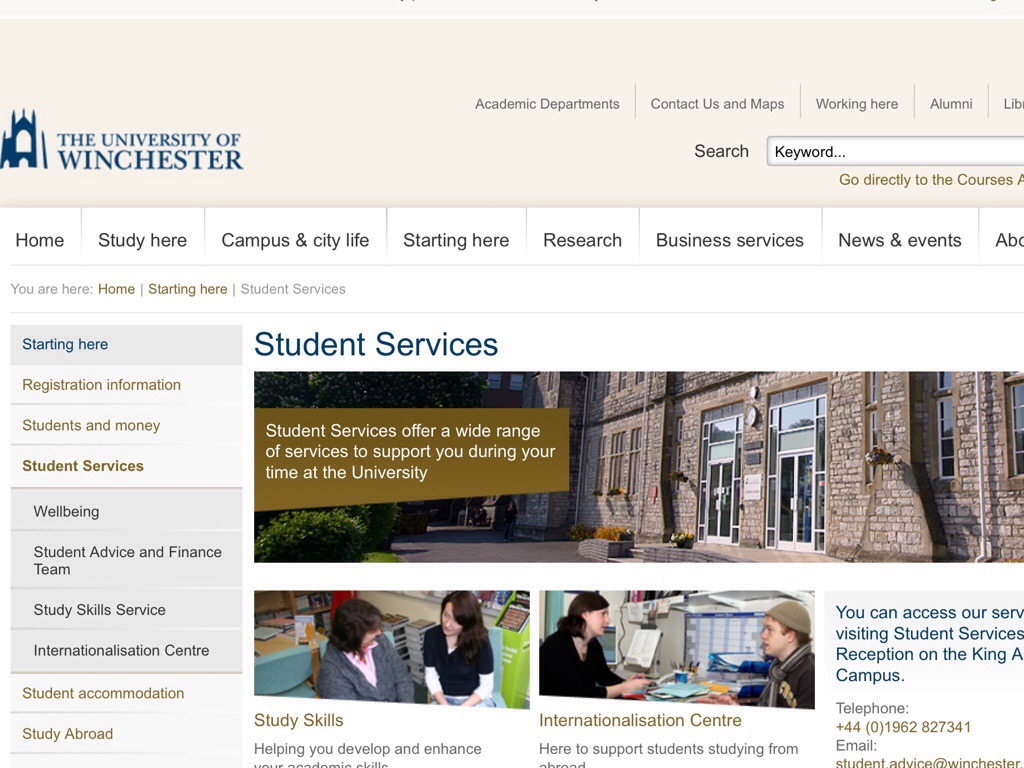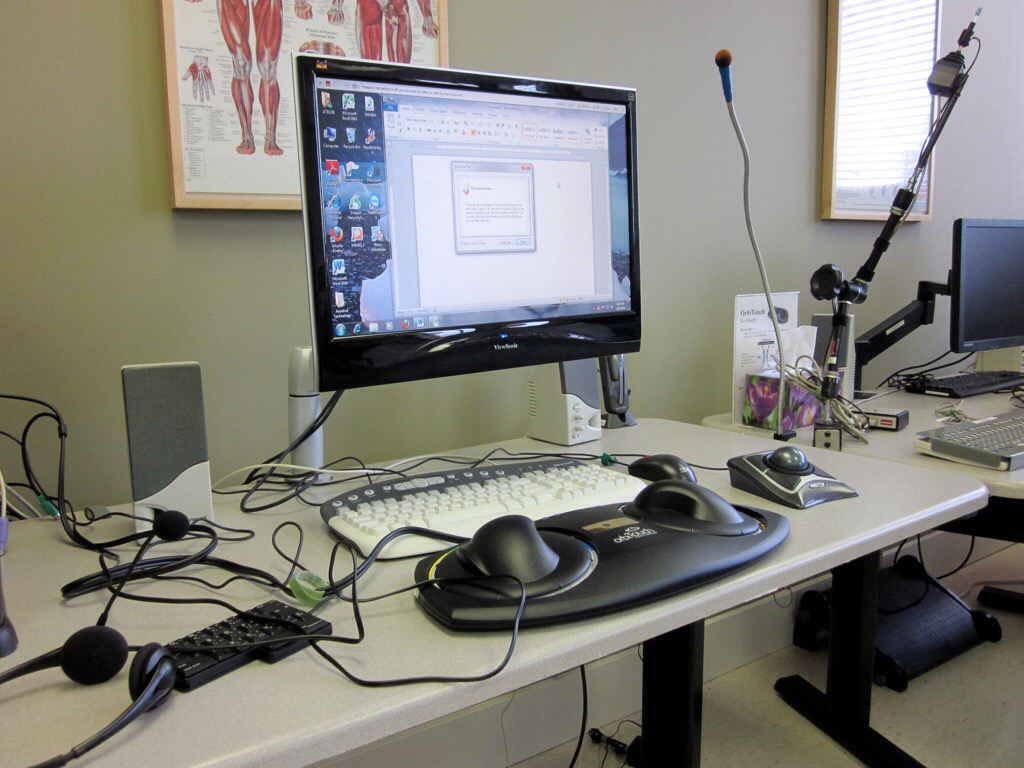As my A-Level exams are drawing ever closer, it has been a fairly busy time to say the least. Writing blogs has been therefore put on the back burner for a bit of time. Preparing to get the right support in place at University is important in the long run, and I am prepared to spend whatever time it takes to ensure my needs will be met. Things can start to become quite tedious though, and monotonous, when I have to keep repeating to social services what my care needs are.
Social Services will have a big part to play in making sure my needs will be met at University, in terms of the personal care. But, over the last few weeks I have felt that they could be a bit more pro-active in arranging meetings and such like. After I sent my five-page long document to Social Services giving precise details of my care needs, I am still going to have to justify my needs further next week. At least I am going to have this meeting, but it would have been nice to receive regular updates over the past few weeks.
What frustrates me with Social Services is that I have done my half of the bargain highlighting my care needs so that this can help them to ensure my needs will be met at University. On the other hand I feel Social Services are not really doing their bit quickly enough because it is only four months before I start University now. I have no real complaints with Winchester University as the staff involved are constantly updating me about I the structural arrangements that will be taking place.
The advice I would give is to keep plugging away and be in control of your own destiny, as I have found this will be the most effective way in making certain that going to University will be a comfortable experience. There will always be people out there to help with the process but at the end of the day being independent is key. I don’t have much other news to report on this week regarding my University preparation so more will follow next week.




